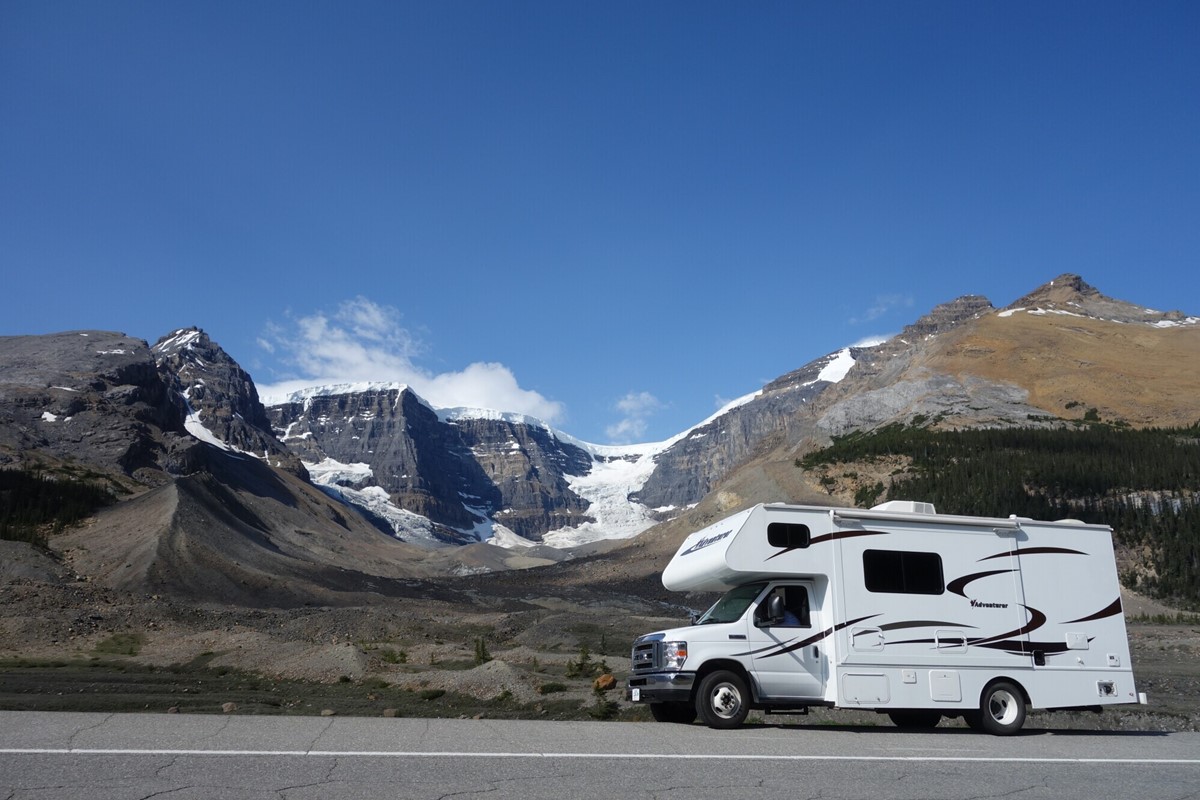RV living is growing in popularity. As people get tired of living in crowded cities, many sell their possessions and purchase an RV to live on the road. The RV lifestyle has grown so much that 1.5% of Americans now live in an RV.
If you plan to join the RV community, you’re probably ready to look for your first RV. If so, you’ll have a lot of research to do.
With all the available RV options, you may struggle to find the best one to meet your needs. Read the guide below to learn which beginner RV shopping errors to avoid and how to find the perfect RV.
1. Buying New RVs
Many new RV owners don’t want to buy problems when they buy an RV. It’s their first purchase, so they want everything to go right and learn how to manage their RV before dealing with problems.
The problem is that new RVs come with a set of problems on their own. You can experience many problems with new RVs — such as leaks, creaking, and manufacturing defects. You’ll need to deal with these things before you see a great RV experience.
On top of that, new RVs are much more expensive. Like cars, an RV loses a lot of value when you drive it off the lot. This is an immediate loss of value you won’t see if you buy used.
Although used RVs can have issues, those problems are limited if you purchase an RV from an owner that took good care of things, those problems are limited.
Yes, you may need to sink a lot of cash into an RV when you buy a used one. But you’ll also do this with new RVs. You just have the advantage of paying a lower price when you buy used.
Make sure you explore your options for used RVs when comparing RV costs to see if buying used ones makes sense.
2. Not Understanding Your Needs
You have countless options when looking at RVs. There are many vehicle classes — each with features and cons to choosing those RVs.
That’s why it’s critical to understand your RV needs before you start searching for one to buy. Here are a few essential things to consider.
Do You Only Need a Basic Camper?
Not everyone needs a massive RV with all the bells and whistles. Some RV owners only take their RVs on camping trips to store items and for a place to sleep.
You don’t need a lot of space or features for this situation. All you need is an RV, like towable Winnebago RVs for sale, to get everything you need. It will save you money and help you avoid the added maintenance of a larger RV.
Will You Live in the RV?
Things are much different if you plan to spend time living in an RV. Some people want to leave their homes and live full-time at an RV park. A simple camper isn’t enough to meet your needs in cases like this.
You’ll need an RV with enough space for you and your family to live in and enough features to make living enjoyable. You can find RVs with bedrooms, kitchens, electricity hookups, and more. There are countless large RVs with different feature sets, so see which ones are available and necessary for you to enjoy living in an RV.
3. Buying Sign Unseen
New RV buyers commonly see a great RV deal that isn’t in their local area. Since you can browse the internet to look for dealers across the globe, it’s possible to expand your options.
While this is a great way to find an RV, it doesn’t mean you should buy over the internet without looking at what you’re buying.
No matter what type of RV you’re looking at, you can’t afford to buy it without seeing the RV in person. Set aside time to travel to the RV you plan to buy before you make your final decision.
Don’t just give your RV a basic look, either. You may not learn the entire story about an RV just by listening to the seller. Some sellers will glance over potential issues.
As part of your inspection process, get a certified inspection of an RV. Doing this will give you a better overview of an RVs issues and help you avoid buying something with many problems.
This may already be done if you buy from a dealer. If so, get the inspection report to see an RV’s issues.
4. Rushing a Purchase
There may be times when you find an RV sale that appears too good to be true. It looks like an RV is in fantastic shape and meets all your needs.
When this happens, it’s tempting to rush the purchase to avoid someone else taking advantage of the deal.
Although it means you may miss a few deals, it’s wise to avoid rushing an RV purchase. You’re spending a lot of cash on your purchase, so you must do your due diligence to avoid buying the wrong RV.
Avoid letting your emotions take over, and take a step back before you buy. Look at an RV’s price, features, and size to ensure it meets all your needs.
You can also look online to compare prices to see if you’re getting a good deal. Doing this will help you avoid paying too much for an RV. It can also tell you if a low-priced RV may have problems not disclosed by the buyer.
5. Forgetting About Maintenance
It’s important to remember that the price you pay for an RV won’t be your final cost. Like vehicles and homes, your RV will experience wear and tear over the years. You’ll need to perform regular RV maintenance during this time to keep everything running correctly.
If you don’t plan to do the maintenance yourself, you’ll need to hire an RV mechanic. Research the average maintenance costs for doing this to understand your future costs. Otherwise, you’ll have an expensive RV that you’re spending more money than you expected to keep up.
You can save money if you handle RV maintenance tasks yourself. Research the tasks associated with the type of RV you want to buy to see if you can do them yourself. This will help you understand the work and time commitment from you necessary to keep your RV in great shape.
6. Not Looking for a Warranty
A warranty is a must when you purchase an RV. These are large and complex machines, so it’s not uncommon for things to fail — even when you buy from a reputable brand.
You should get a warranty by default when you buy an RV new. The manufacturer will take care of defects to make sure you don’t pay anything extra out of pocket.
You won’t get a warranty if you buy used. However, that doesn’t mean you don’t have options.
There are extended warranties available for these situations. Yes, you’ll pay some money upfront for a warranty to cover any problems. But if something goes wrong with a used RV, the warranty will more than pay for itself after you cover all your costs.
If you want to learn what to look for in a warranty, look for the standard RV warranties online. You can then compare the warranties offered to you to see if they are a good deal.
7. Not Taking a Test Drive
Driving an RV isn’t like a standard vehicle. You’re driving a larger vehicle, so you don’t have the same maneuverability as you would with a normal car.
Not everyone will be comfortable with those changes. It takes much more care to drive an RV safely, and if you don’t, it can lead to accidents.
That’s why it’s essential to be comfortable behind the wheel. Try to take the RV you want to buy on a test drive before purchasing it.
Different RVs have different quirks on the road. Pay attention to how an RV feels and if you’re okay with driving it before deciding.
Avoid Making Beginner RV Shopping Errors
Buying an RV is a big purchase. Yes, you can buy a used and small camper to avoid paying too much money. But if you decide to go the high-quality route and an RV that has a lot of space, you can spend as much as a small home.
That’s why you must avoid making beginner RV shopping errors. Research as much as you can about each type of RV, their features, and the problems you may encounter. When you do, you can make a more informed choice when buying an RV for your next adventure.
Are you looking for advice on how to plan your next RV adventure? Check out more travel advice on the blog.




